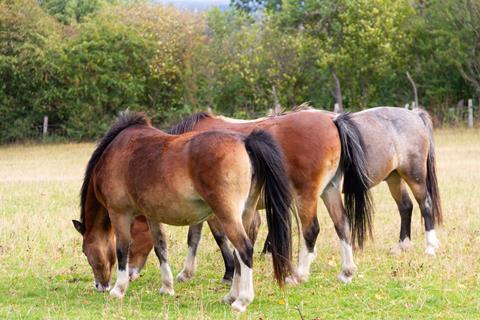
“Serious regulatory failures” in equine identification and traceability mean there is a real danger that horsemeat treated with lethal veterinary drugs could enter the human food chain undetected, industry experts have warned.
Leading voices from across the equine and food sectors feared a lack of oversight into equine ownership, alongside information over the way animals were euthanised, posed a significant threat to food safety, said the Association of Independent Meat Suppliers this week. It argued lessons had not been learnt from the 2013 Horsegate scandal.
Despite the impact of that scandal, the UK “continues to rely on a dangerously outdated paper-based passport system”, administered by over 70 third-party organisations – many of which were unable to accurately update ownership, transfer or death records, the industry body warned.
AIMS is calling for the “urgent” introduction of mandatory digital IDs instead. The government’s Central Equine Database, which was meant to serve as a reliable national record, “remains ineffective due to a lack of mandatory, real-time data input by owners”, it claimed.
With no centralised enforcement, illegal substitution of horsemeat remained a genuine threat, particularly as the red meat market tightened.
“There is absolutely nothing stopping a horse euthanised with barbiturates – rendering its meat a toxic hazard – from being passed off as a clean carcase for human consumption,” said AIMS executive director Dr Jason Aldiss. “We are sitting on a ticking time bomb.”
The February interception of the illegal transport of “seriously compromised live horses being exported via Dover for an unknown fate”, had reignited public outrage, AIMS said.
“The British public do not want horses to end up in the food chain passed off as beef and don’t want horses to suffer long and clandestine journeys in horrific conditions to end their lives in a slaughterhouse.”
In addition to the immediate introduction of legislation mandating horse owners update the CED directly and in real time, veterinary experts, industry bodies, and equine welfare organisations were now also calling for the integration of equines into the UK Livestock Information Service. This would require the unlocking of access to just “a tiny share” of the £500m already allocated to digital traceability in the food chain, they claimed.
“The technology exists. The funding exists. The legislative draft already exists,” added Aldiss.
“What’s missing is the political will. We must act now to prevent another scandal and to uphold consumer trust, animal welfare and public health.”
In response, Defra said cost estimates to deliver the digital enhancements to the CED had “significantly increased” in 2024.
As an “interim measure”, and until digitisation work could progress, a spokesman said the department instead “continued to work closely with industry stakeholders, the Food Standards Agency, the Central Equine Database supplier and devolved governments to resolve issues”.
He added: “Equine identification and traceability are necessary to support biosecurity, public health, equine welfare and trade.”







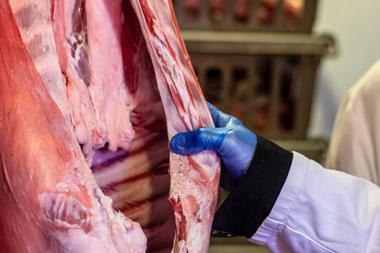
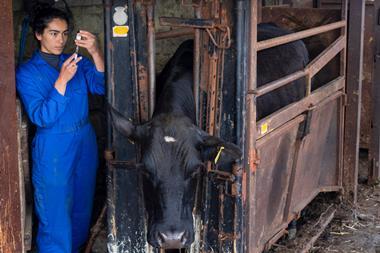

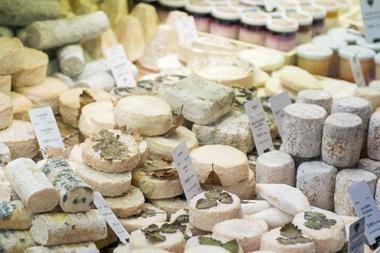
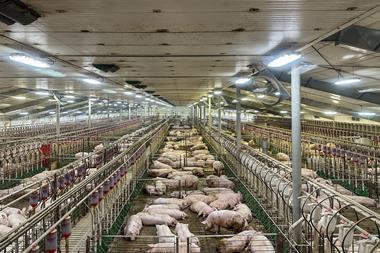
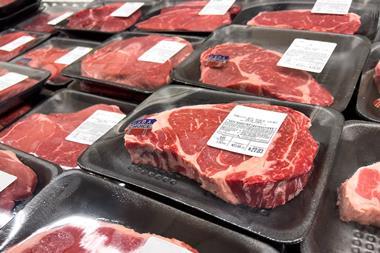






No comments yet